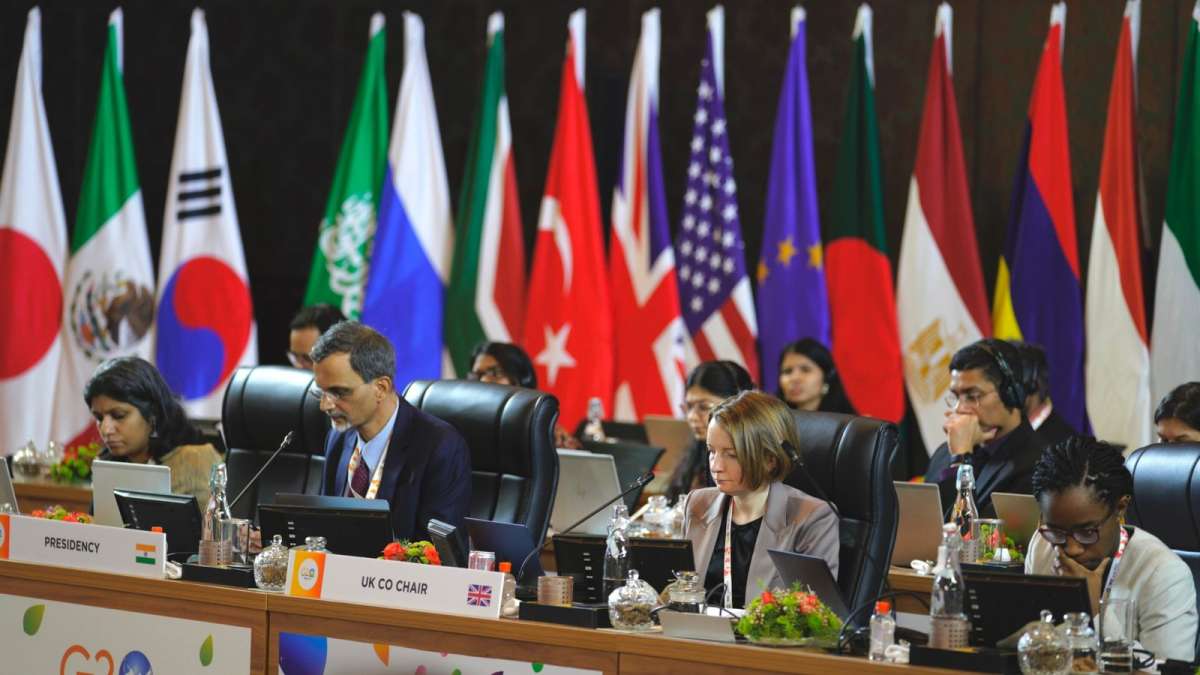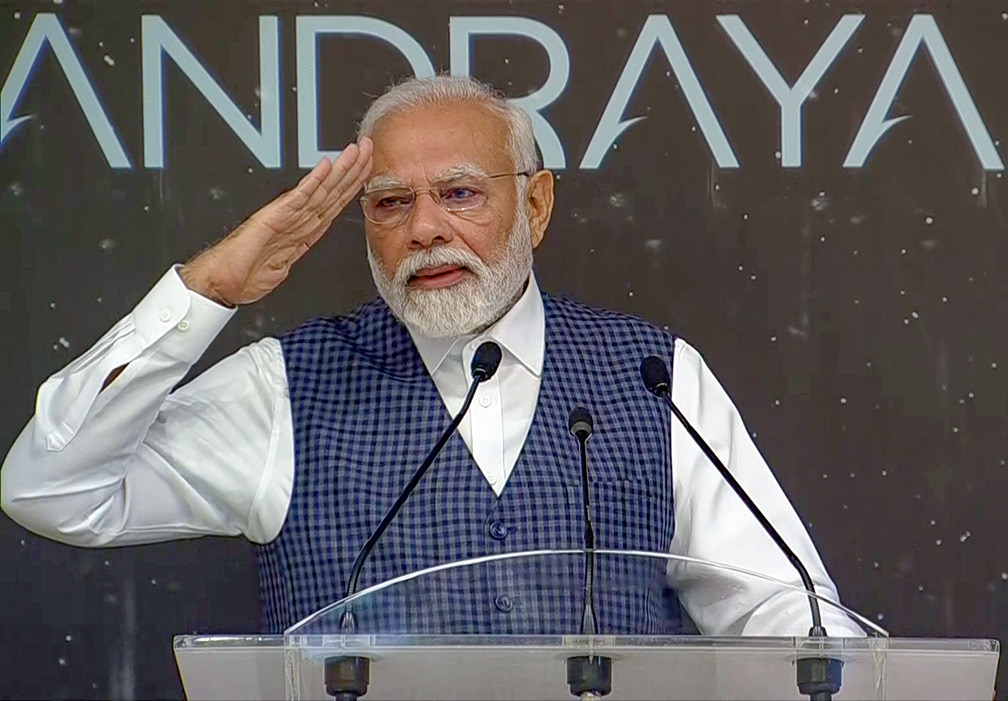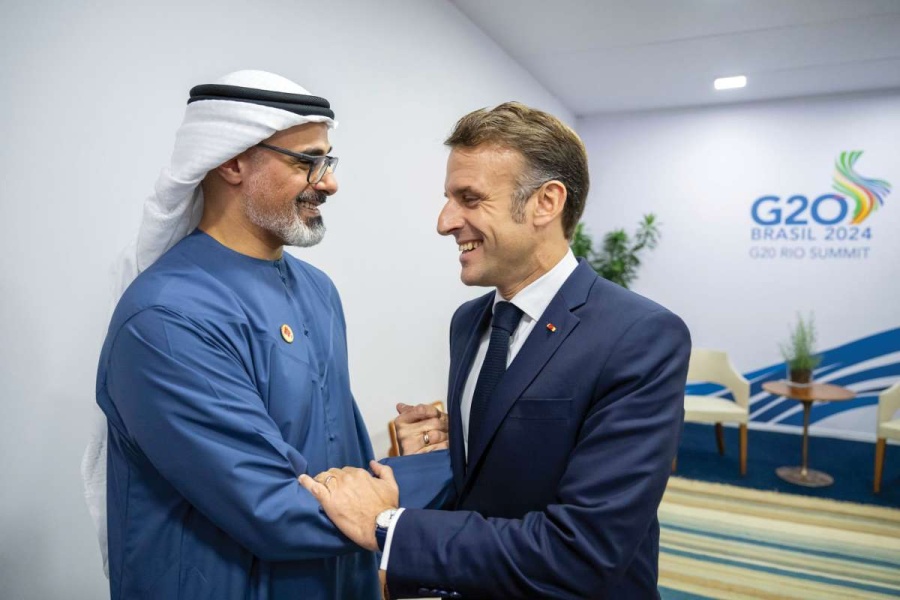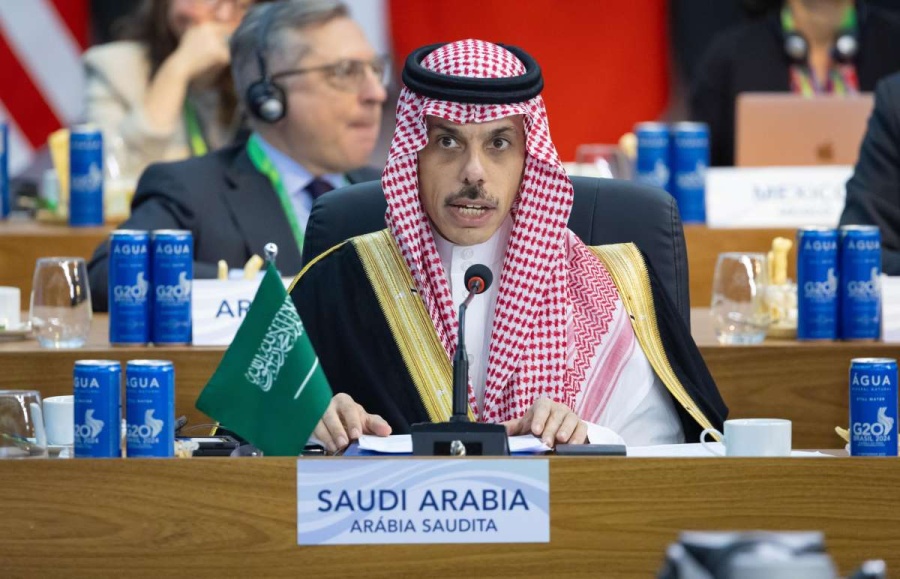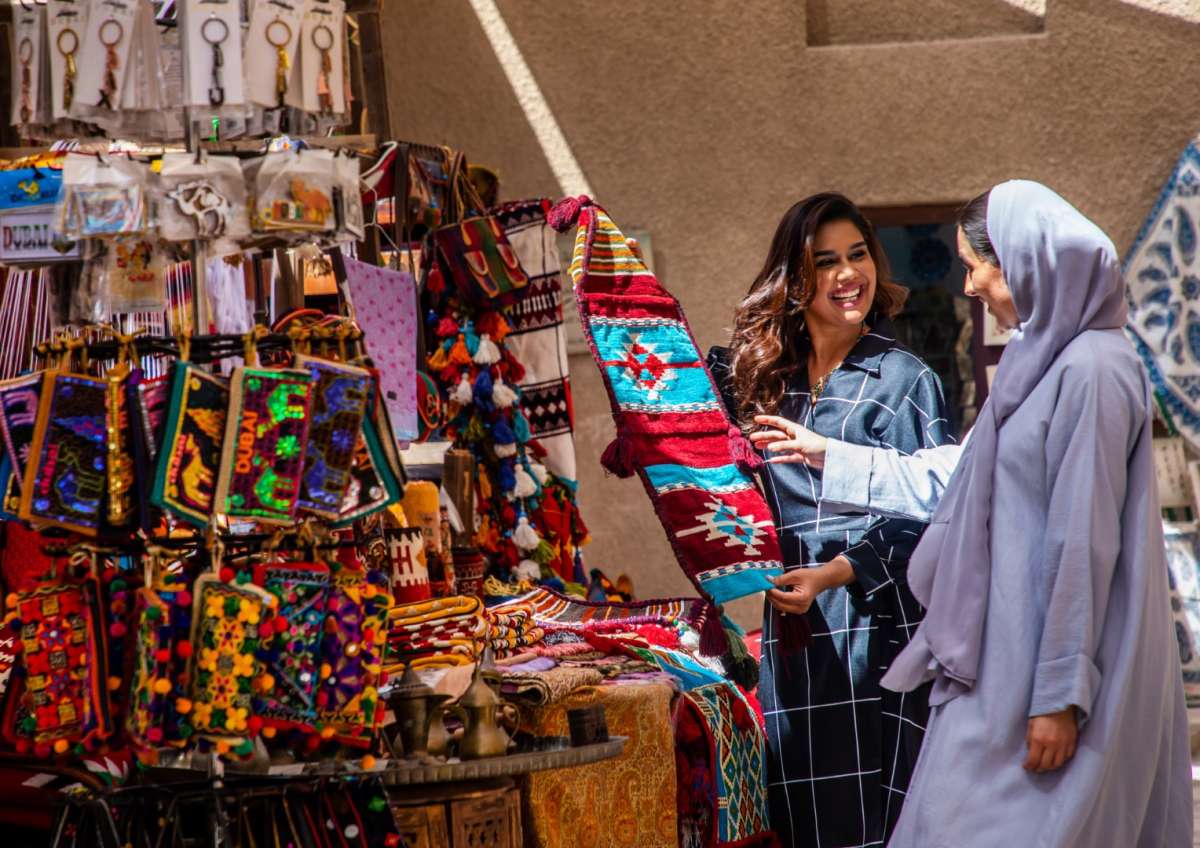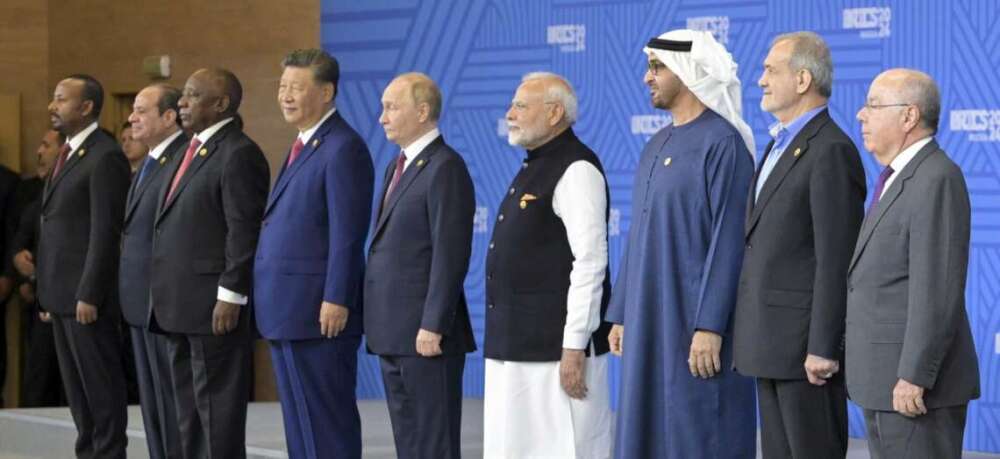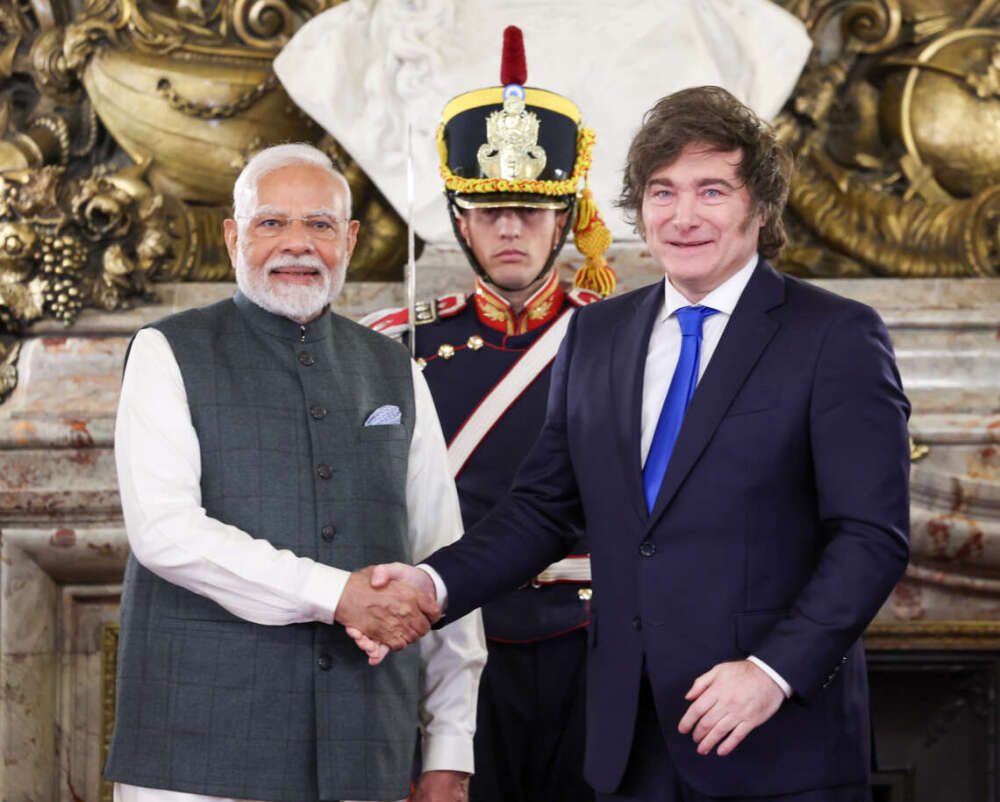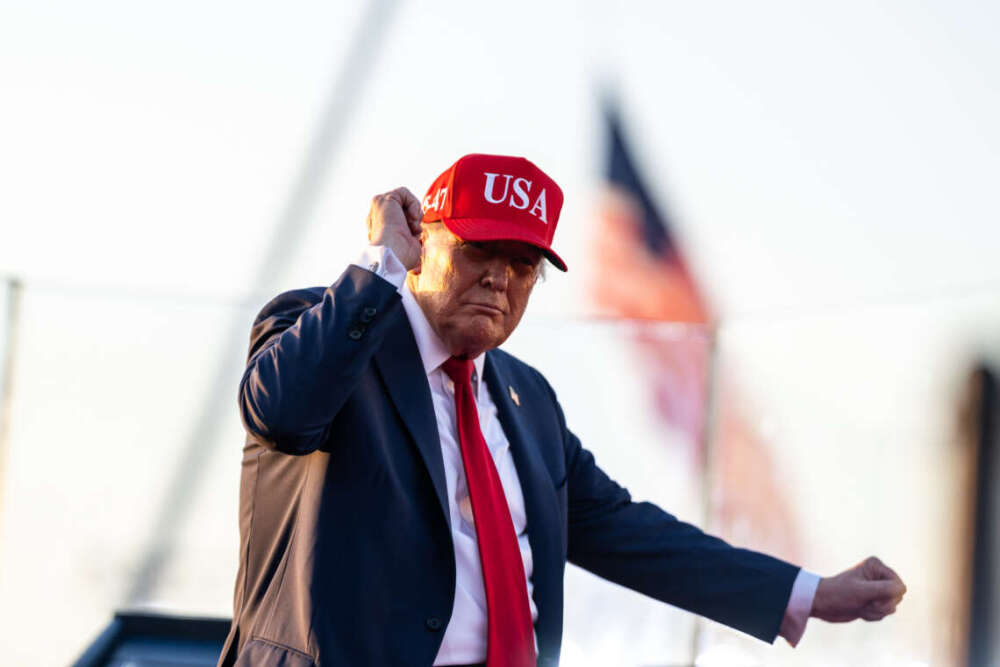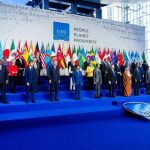Around 87 delegates from G20 member countries, invitees, and international organisations attended the meeting…reports Asian Lite News
The two-day Second G20 Framework Working Group meeting concluded here on Saturday with members agreeing on the way forward for important deliverables for the year, including those on macroeconomic consequences of food and energy insecurity and climate changes and transition pathways.
The meeting under the Indian G20 Presidency was co-chaired by the Chief Economic Adviser, V. Anantha Nageswaran, and Clare Lombardelli, Chief Economic Adviser, UK Treasury.
Around 87 delegates from G20 member countries, invitees, and international organisations attended the meeting.
The Framework Working Group focuses on global macroeconomic issues and deliberates on how policy cooperation can be enhanced to achieve strong, sustainable, balanced, and inclusive growth (SSBIG).
The agenda for the meeting involved discussions on the global economic outlook and risks with a particular emphasis placed on inflation, macroeconomic implications of food and energy insecurity, climate change, and transition policies.
In addition, several international organisations, including WBG, IMF, FAO, IEA, NGFS and OECD, made detailed technical presentations on these issues to inform the Framework Working Group outcomes.
The discussion on the global economic outlook and risks emphasised the need to continue efforts to manage global inflation and remain vigilant to emerging financial risks.
Members also deliberated on how food and energy prices remain elevated in many economies, disproportionately affecting vulnerable countries.
The discussions also highlighted the difficult trade-offs countries face as they balance short-term energy security with long-term structural reforms for the transition to cleaner energy.
Ensuring the availability and accessibility of critical minerals to facilitate a smoother transition as well as generating domestic savings to meet investment needs and thus boost economic growth for the transition were also issues that came up for discussion.
Earlier, speaking to the media, Nageswaran said the decisions of the Framework Working Group is only recommendatory.
On the sidelines, a panel discussion on the “Macroeconomic Impacts of Climate Change and Transition pathways” was also organised in collaboration with UAE.
The session aimed to develop a collective understanding of the challenges facing countries during the climate transition and initiate a discussion on the macroeconomics around climate policy action and transition pathways.
ALSO READ-G20 event witnesses participation of 56 foreign delegates


